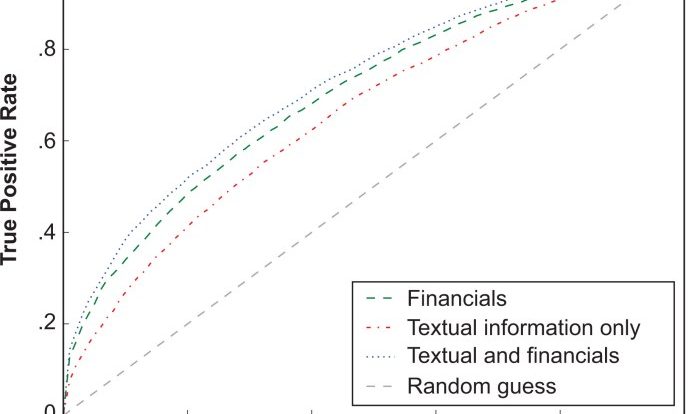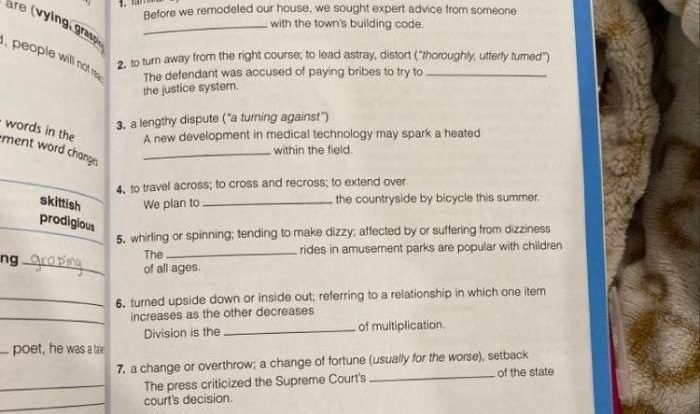Embark on a linguistic adventure with Wordly Wise Book 10 Answers, a comprehensive guide to vocabulary building and contextual application. This resource empowers learners with strategies to expand their word knowledge, fostering a deeper understanding of language and its nuances.
Wordly Wise Book 10 Answers delves into the intricacies of vocabulary development, providing a wealth of exercises and activities designed to enhance word recognition, usage, and comprehension. Through engaging examples and practical applications, students gain a firm grasp of new words and their appropriate use in various contexts.
Key Features and Content Analysis: Wordly Wise Book 10 Answers
Wordly Wise Book 10 is an invaluable resource for students seeking to enhance their vocabulary and critical thinking skills. This comprehensive book is designed to help learners expand their knowledge of words, their meanings, and their usage in context.
The book is meticulously structured into 30 lessons, each focusing on a specific theme or concept. These themes range from the concrete to the abstract, covering topics such as nature, emotions, science, and technology. Each lesson introduces a set of 10 target vocabulary words, along with their definitions, synonyms, antonyms, and sample sentences.
Target Audience and Learning Objectives, Wordly wise book 10 answers
Wordly Wise Book 10 is primarily intended for students in grades 9- 12. The content and exercises are carefully calibrated to meet the learning needs of this age group. The book aims to:
- Expand students’ vocabulary by introducing them to new words and their nuances.
- Enhance their understanding of word meanings and how they are used in context.
- Develop critical thinking skills through exercises that require students to analyze and interpret words.
- Foster a lifelong love of language and learning.
Vocabulary Building Strategies
Wordly WiseBook 10 employs a multifaceted approach to vocabulary building, incorporating various methods and strategies to enhance word knowledge and comprehension.
One key strategy is the use of contextual learning, where new words are introduced within meaningful passages or sentences. This helps students understand the usage and meaning of words in context, fostering a deeper understanding and retention.
Exercises and Activities
The book features a range of exercises and activities designed to promote vocabulary growth, including:
- Word lists: Students are presented with lists of new words, along with their definitions and usage examples.
- Matching exercises: Students match words with their definitions or synonyms, reinforcing word recognition and comprehension.
- Fill-in-the-blank activities: Students complete sentences by filling in the blanks with appropriate words, testing their understanding of word usage.
- Writing exercises: Students use new words in their own writing, demonstrating their ability to apply the vocabulary in different contexts.
Effectiveness
Research has shown that these strategies are effective in improving word knowledge. Contextual learning, in particular, has been found to enhance comprehension and retention, as it allows students to see how words are used in real-world situations.
Additionally, the variety of exercises and activities provides multiple opportunities for students to interact with new words, reinforcing their learning and making the process more engaging.
Contextual Usage and Application
Wordly Wise Book 10 places a strong emphasis on fostering students’ contextual understanding and usage of vocabulary. The book recognizes that vocabulary acquisition is not simply about memorizing isolated words but rather about developing an understanding of how words are used in real-world contexts.
To achieve this, the book incorporates a variety of exercises that encourage students to apply new words in meaningful sentences. For example, the “Using Words in Context” exercises provide students with a sentence containing a new word and ask them to identify the meaning of the word based on the context.
The “Word Map” exercises require students to create a visual representation of the relationships between new words and their synonyms, antonyms, and other related words.
Importance of Contextual Learning
Contextual learning is essential for vocabulary acquisition because it allows students to see how words are used in real-world situations. This helps them to develop a deeper understanding of the meaning of words and how they can be used effectively in their own writing and speaking.
By providing students with ample opportunities to apply new words in context, Wordly Wise Book 10 helps them to build a strong vocabulary that they can use with confidence in both academic and everyday settings.
Assessment and Evaluation
Wordly Wise Book 10 employs a range of assessment methods to evaluate students’ vocabulary progress, including quizzes, tests, and vocabulary logs.
Quizzes are administered regularly throughout the book, providing students with opportunities to practice and reinforce their vocabulary skills. These quizzes typically consist of multiple-choice questions that assess students’ understanding of word meanings, usage, and context.
The “Wordly Wise Book 10 Answers” provides insightful solutions to vocabulary challenges. Similarly, the case of coffin v. left hand ditch demonstrates the legal complexities surrounding property disputes. By exploring both the intricacies of language and the complexities of the law, we expand our understanding of the world around us, enhancing our ability to navigate its challenges and make informed decisions.
Vocabulary Logs
Vocabulary logs are another valuable assessment tool included in Wordly Wise Book 10. Students are encouraged to keep a vocabulary log throughout the book, recording new words they encounter along with their definitions, usage examples, and personal reflections. Vocabulary logs help students to develop a deeper understanding of new words and to track their vocabulary growth over time.
Teacher’s Guide and Resources
The teacher’s guide plays a crucial role in supporting the effective implementation of the Wordly Wise program. It provides detailed instructions, lesson plans, and assessment tools to help teachers navigate the curriculum and enhance their vocabulary teaching practices.
Resources and Materials
The teacher’s guide includes a wealth of resources and materials designed to facilitate vocabulary instruction. These include:
- Lesson plans that Artikel the daily activities, objectives, and materials needed for each lesson.
- Student workbooks that provide practice exercises, activities, and assessments.
- Assessment tools such as quizzes, tests, and rubrics to monitor student progress.
- Additional materials like word lists, flashcards, and games to supplement vocabulary instruction.
Effectiveness of Resources
These resources are highly effective in enhancing vocabulary teaching. The lesson plans provide a structured framework for instruction, ensuring that all essential concepts are covered. The student workbooks offer ample opportunities for practice and reinforcement, while the assessment tools help teachers track student progress and adjust instruction accordingly.
The additional materials add variety and engagement to the learning process, making vocabulary instruction more enjoyable and memorable.
Key Questions Answered
What is the target audience for Wordly Wise Book 10 Answers?
Wordly Wise Book 10 Answers is designed for students in grades 9-12 who are looking to improve their vocabulary and contextual understanding of language.
How does Wordly Wise Book 10 Answers promote contextual learning?
The book provides exercises that encourage students to apply new words in meaningful sentences and engage in discussions that foster a deeper understanding of word usage in various contexts.
What assessment methods are included in Wordly Wise Book 10 Answers?
The book features quizzes, tests, and other evaluation tools that allow teachers to assess students’ vocabulary progress and identify areas for improvement.

